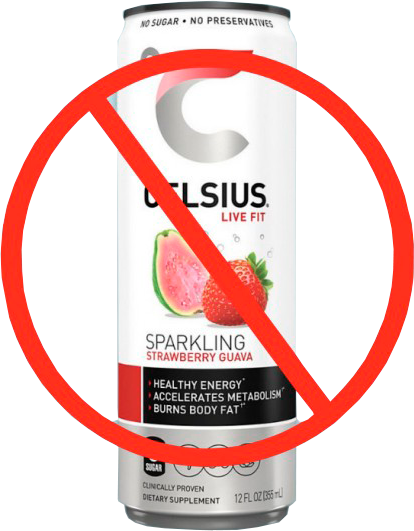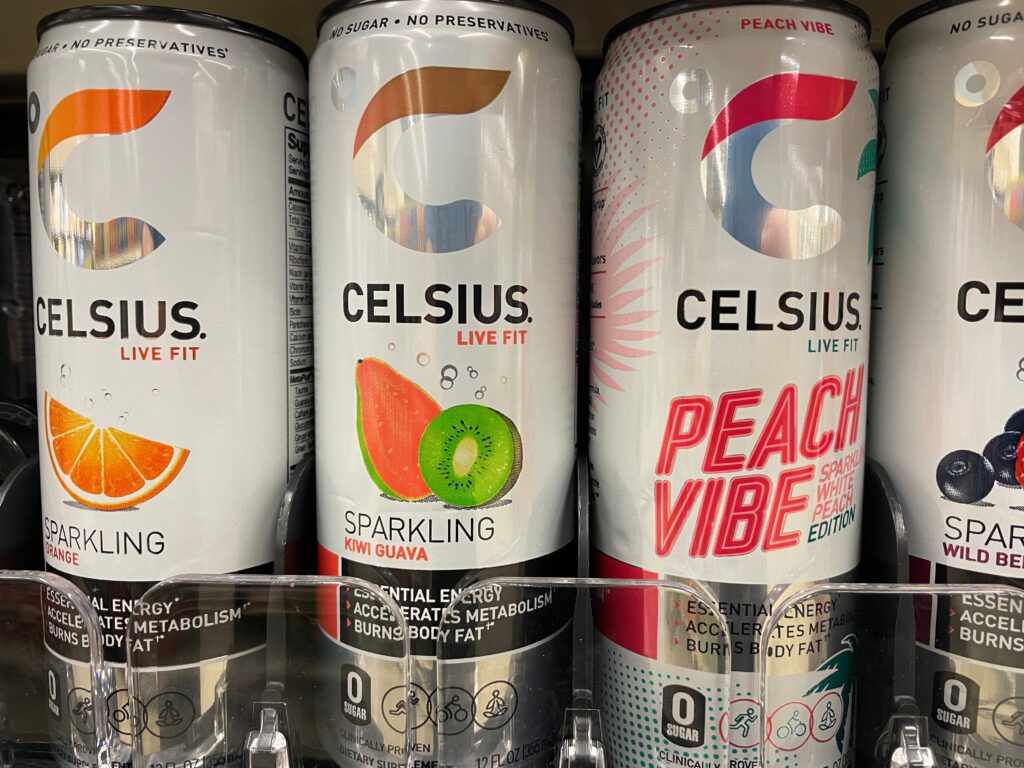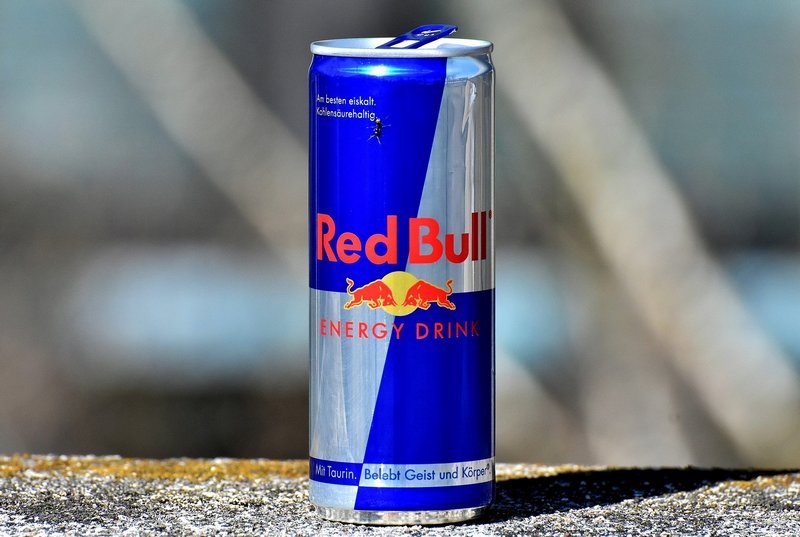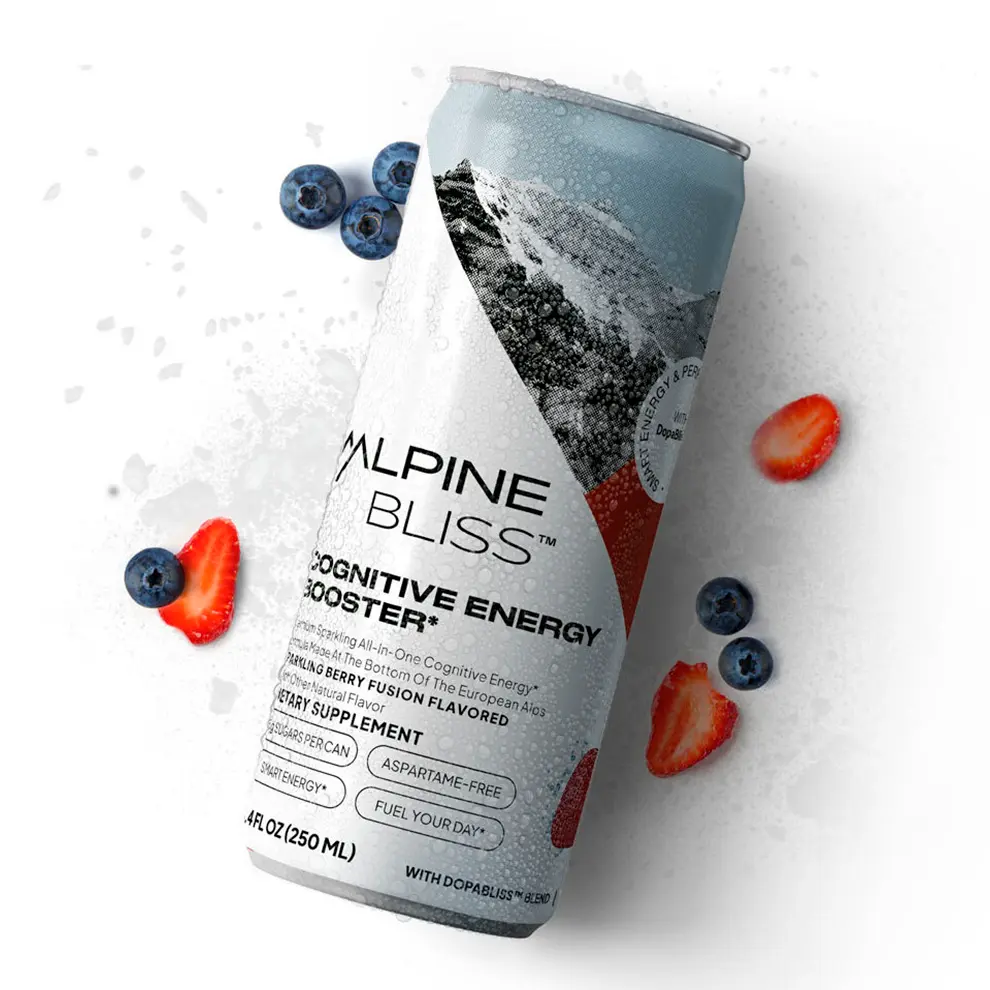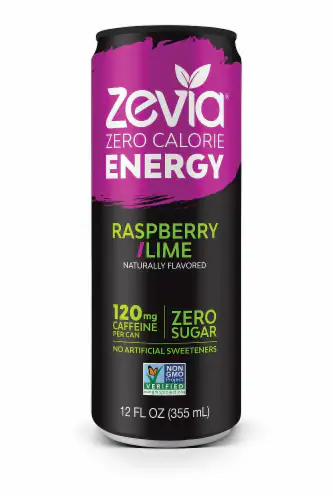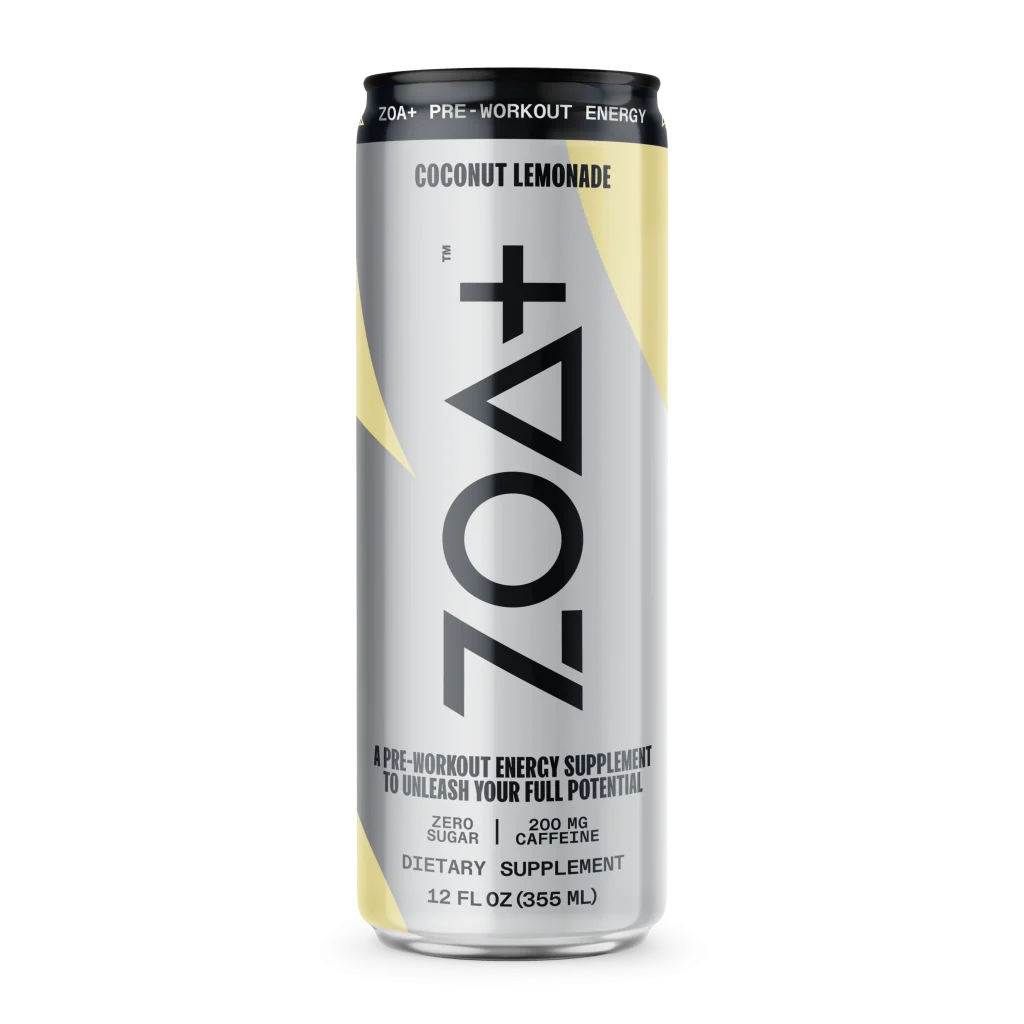The Truth About Celsius Drinks
Are Celsius drinks healthy for you?

Here’s what dietitians have to say

In this article:
- Are Celsius drinks healthy? Or are they bad for your health?
- How do they compare to other energy drinks?
- 3 healthier alternatives to Celsius for a strong energy boost


